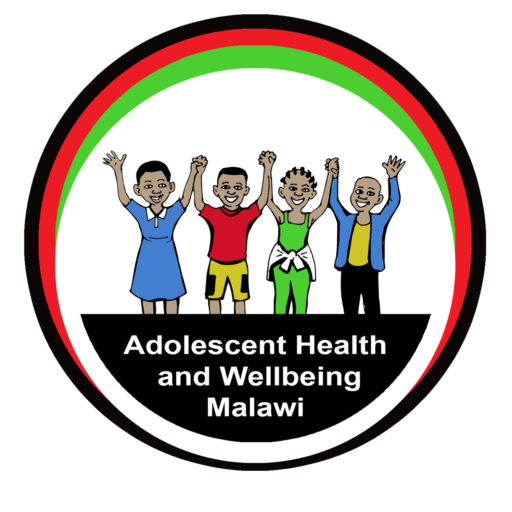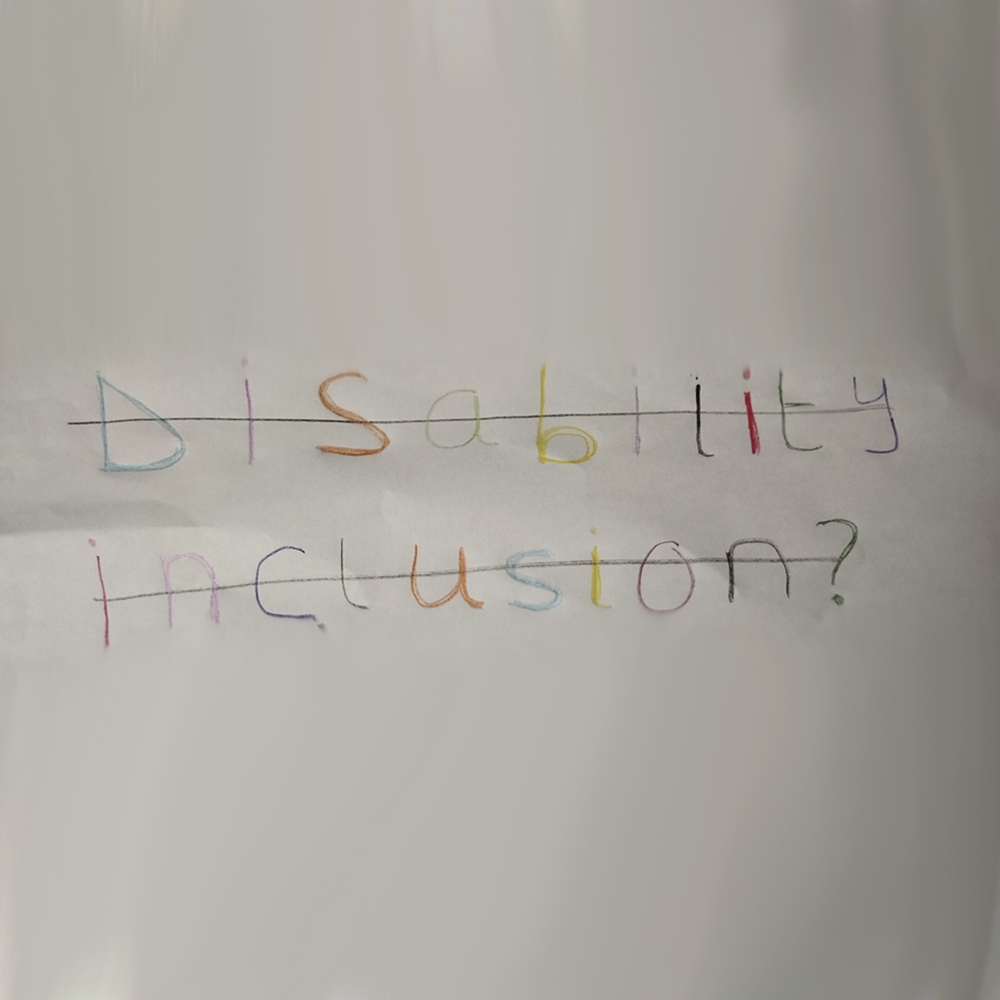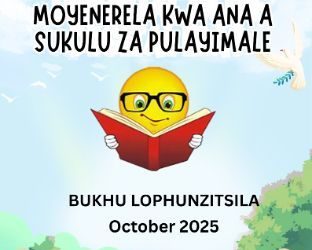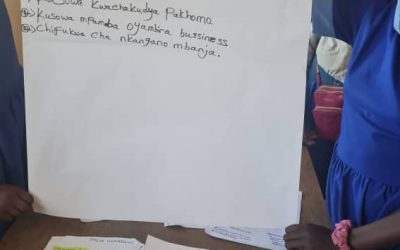I have worked in research since 2014, but this years’ experience from data collection in the field has completely changed my perspective on quite an important issue we often talk about.
I was very excited to start our formative data collection exercise, where our work strand in the Global Health Research Group on Improving Adolescent Health and Wellbeing in Malawi aim to understand the role of Water Sanitation & Hygiene (WASH) on adolescent health and wellbeing. As a Research Associate with the Centre for Water Sanitation Hygiene & Technology Development (WASHTED) & a PhD student at Malawi University of Business & Applied Sciences (MUBAS), I understand very well the need for collecting adequate data from the targeted population. All tools were set for data collection and we had carefully planned to collect data from all adolescents, whether in school or out of school and including those adolescents with disabilities
Frequently, I’ve used the term “disability inclusion,” but did I truly understand its meaning or how to implement it? After experiencing data collection with one of our inspiring physically disabled participants, I realized it was only on that day that I truly understood the meaning.
All consent procedures had been completed. With assent secured and with the in-depth interview guide in hand, I commenced the interview with the adolescent to delve into the WASH challenges they face. Quite a jovial youth, responses were coming in while I was throwing out the opening questions. Just when we reached the crucial part of learning the WASH challenges, that’s when I realized there is more required to hear the voices of those living with disabilities. Our participant wasn’t talking anymore and I tried all I could to get the chat back until I realized it was not going to happen.
I still wanted to hear more from our young participant. They had just shared a daily sanitation challenge, but couldn’t go further to explain it. Our participant doesn’t walk, rarely feeds themselves, and can’t go far with crawling. Their toileting has no privacy at all – their family has to dig a small hole in the ground every time the participant wants to relieve themselves and their mother carries them to the hole. While I was probing more on this, the youngster stopped responding. I resorted to having a Key Informant Interview with their mother who was washing
clothes nearby. A single mother, with three children, she narrated how challenging every single day is. She engages in a small-scale business to secure food for her children, while also caring for her disabled child. Every day, she digs a small hole in the ground and accompanies her child to relieve themselves when they want to. This is her child who had to leave school at a young age due to the absence of accessible sanitary facilities. If they were to continue with education, it meant that the mother was required to stay with the child at school during school hours to assist with toileting and she couldn’t afford this as she is the sole bread winner.
Is digging and burying safe? What about privacy for this young person? What type of sanitary facility would be more suitable for them? These questions continuously occupied my thoughts. It dawned on me that a significant portion of the population with diverse disabilities encounter various WASH challenges on a daily basis. Are, their voices being acknowledged and supported? What tools are appropriate for amplifying their voices?
I found this a thought-provoking experience for the early days of my PhD journey, and a welcome reminder of the solutions we need to bring to the world. ~ by Rossanie Malolo (MUBAS, Malawi)




